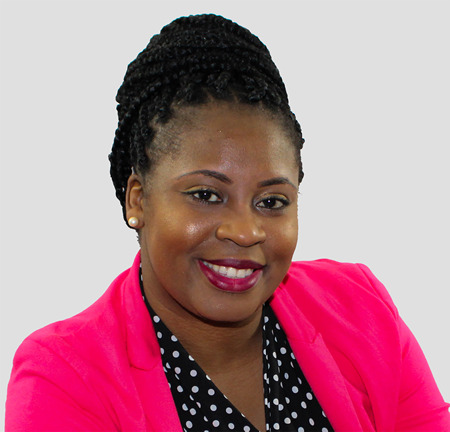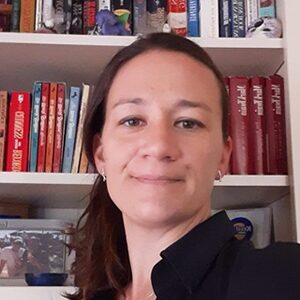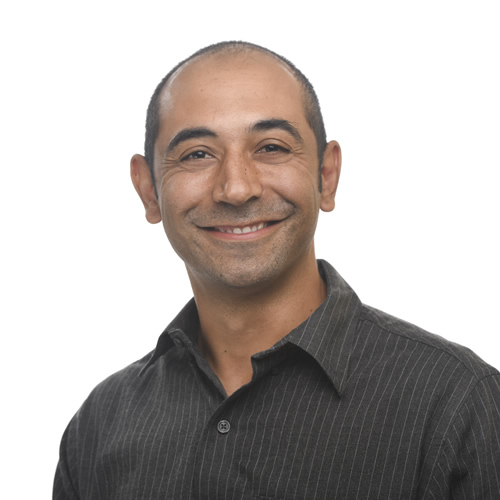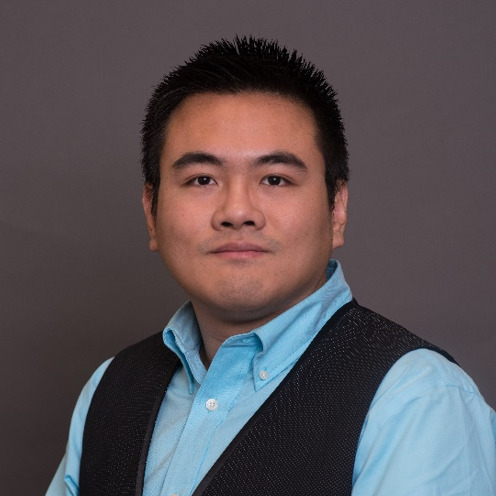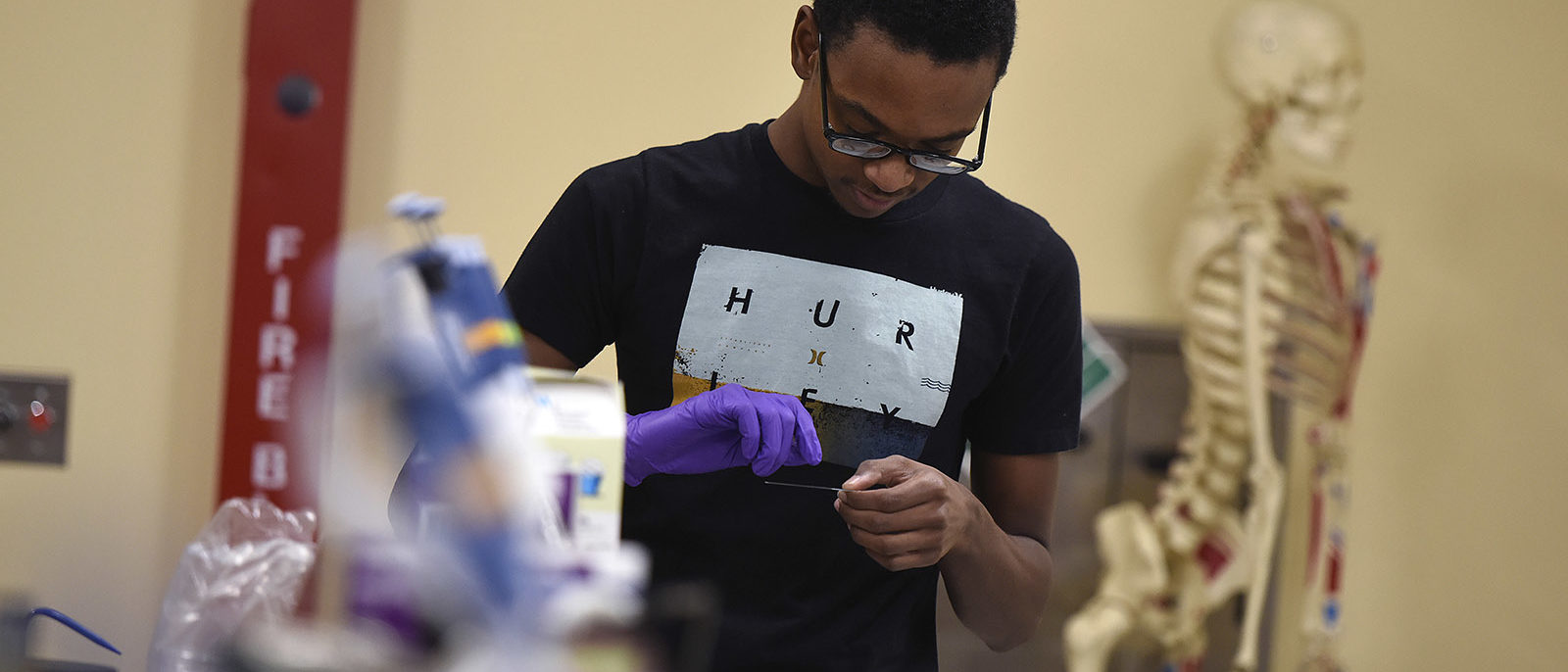
Bachelor of ScienceIntegrative Sciences
The B.S. in Integrative Sciences was designed to start with the basics of biology, chemistry, mathematics, and physics, and then allow students the flexibility to concentrate on Biology, Chemistry, or Biological Chemistry.
The Integrative Sciences program produces well-prepared alumni with knowledge in the physical and life sciences as well as practical instrument and technical skills needed to enter graduate school or a career in government or industry.
An environment favorable to interdisciplinary learning in science is provided, and through classroom and experiential learning opportunities, the student is allowed to develop his or her own interests in the areas where the different disciplines overlap.
Program Goals
Graduates of the Bachelor of Science in Integrative Sciences program are able to:
- Demonstrate basic knowledge and technical skills to work effectively in a cross-disciplinary scientific field by demonstrating the knowledge and skills from more than one scientific disciplines;
- Demonstrate the ability to communicate scientific information, including information that results from laboratory experimentation or fieldwork, in oral and written formats to both scientists and non-scientists;
- Demonstrate the ability to make effective use of the library and other information resources in an academic area, including finding, conveying and critically evaluating scientific information obtained through scholarly journal articles, as well as sources obtained through an internet search;
- Demonstrate the ability to make effective use of computers in addition to using technology as a tool in writing, collaborating with a team, illustrating, and data analysis to communicate scientific information; and,
- Demonstrate sufficient mathematical and quantitative reasoning skills to perform competently in a professional position in the chosen field or in continuing professional training.
Program Concentrations
- Biology
- Biological Chemistry
- Chemistry
Interested in a medical career? Harrisburg University Biotechnology and Integrative Science majors offer programs that set you up for success in medical, veterinary or pharmacy school. You can tailor our programs in Integrative Sciences and Biotechnology to meet the exact requirements of your chosen health professional school. Plus, the experiential learning you’ll gain through the HU academic program can help you score a health-based internship or complete a medically based applied project that will help smooth the way for your entrance into a health professional school.
Program Lead
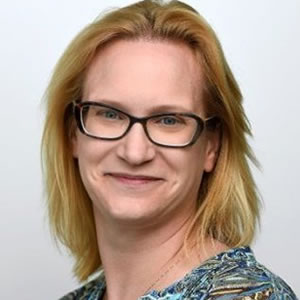
Catherine Santai, Ph.D. Associate Professor of Chemistry and Biochemistry, Integrative Science Program Lead
Full Time Faculty
Assistant Professor of Applied Mathematics and Biological Sciences
Associate Professor of Integrative Sciences
Assistant Professor of Biological Sciences and Undergraduate Program Lead for Biotechnology
Assistant Professor of Analytical Chemistry
Associate Professor of Chemistry and Biochemistry, Integrative Science Program Lead
Corporate Faculty
Program Courses
This program requires a total of 43-50 semester hours: 15 semester hours from the core courses listed below and 28-35 semester hours completed in one of the following concentrations: Biology, Biological Chemistry, Chemistry, and Forensics. The semester hour value of each course appears in parentheses ( ).
Program News
Harrisburg Grads Secure Top Job Offers
During the Harrisburg University of Science and Technology Commencement 2023 Ceremony, several graduating seniors proudly shared their accepted job offers,…
Senior Integrative Sciences Major Shares Project on Promoting Green Space
Harrisburg University of Science and Technology students and faculty team up to tackle real-world issues through research! Senior Integrative Sciences…
Biochemistry Student Mia Falcone Tackles Antibiotic Resistance in the Biophysics Lab
Research at Harrisburg University of Science and Technology provides experiential learning opportunities for students across a broad range of interests,…
Harrisburg University’s Hands-On Lab Work Prepares Biotech and Integrative Science Students for Success
Lab work provides critical ‘hands-on’ learning experiences for students at Harrisburg University of Science and Technology, experiences that cannot be…
Harrisburg University’s Biotech and Integrative Science Majors Set Students Up for Success in Health Professional Schools
Harrisburg University of Science and Technology’s Biotechnology and Integrative Science majors offer programs that set students up for success in…
Biochemistry Superstar Mia Falcone Takes Home Prestigious Award
A warm round of applause for Biochemistry student Mia Falcone in the Integrative Sciences program! Mia was recently honored at…
Take the Next Step
Get More Information
Questions about our programs? Reach out to a member of our team and get personalized answers.
Apply Now
Create an account and start your free online application to Harrisburg University today.


